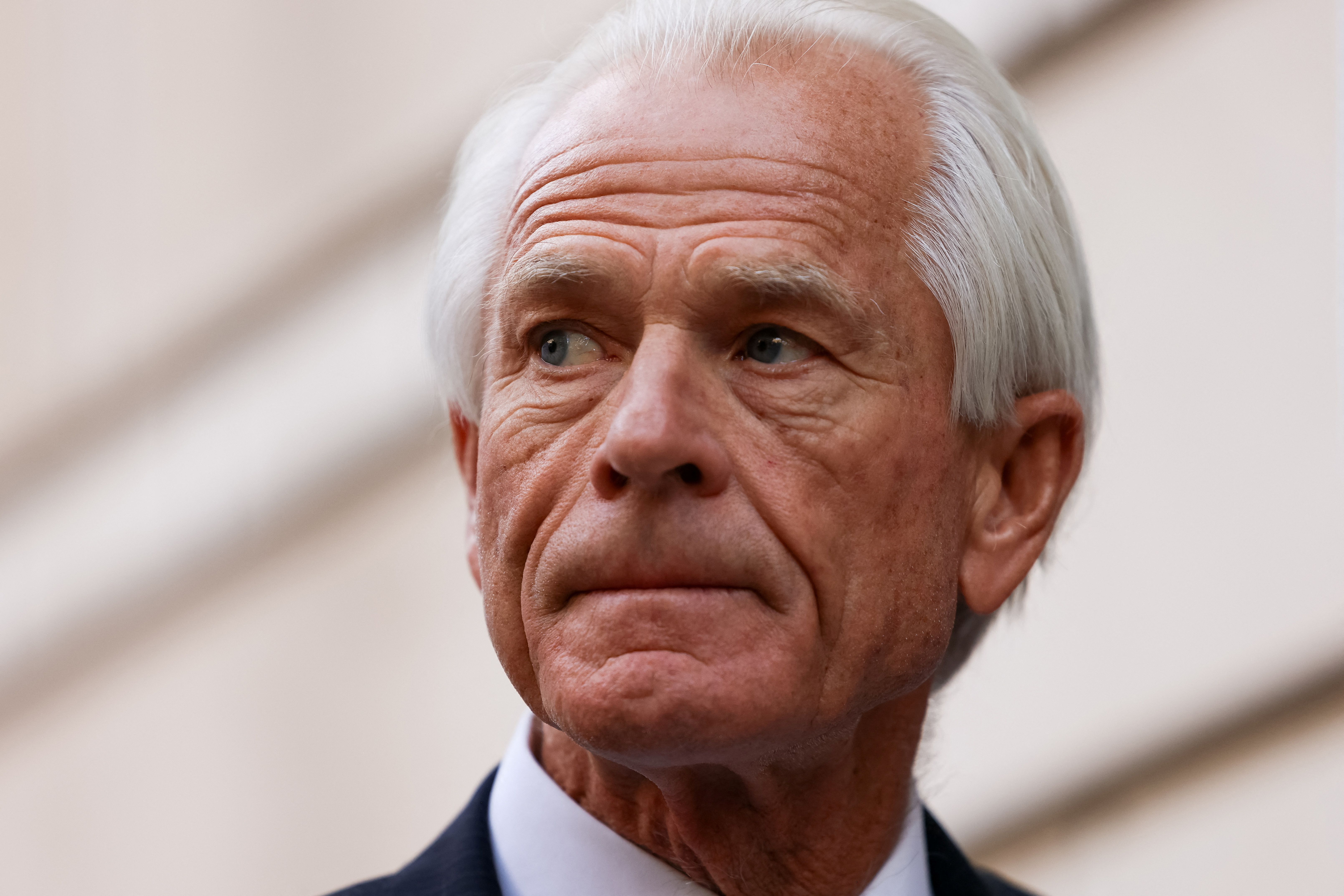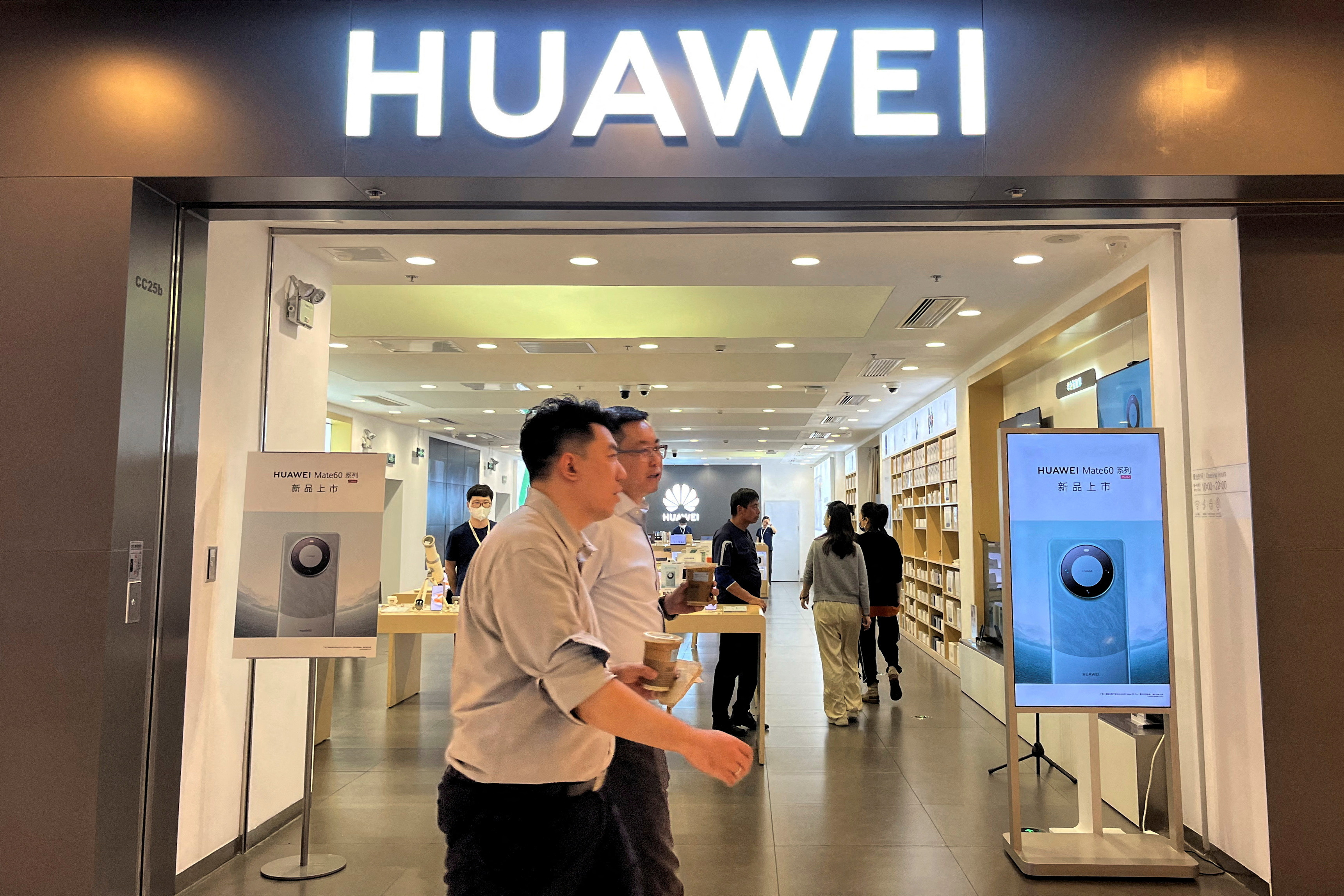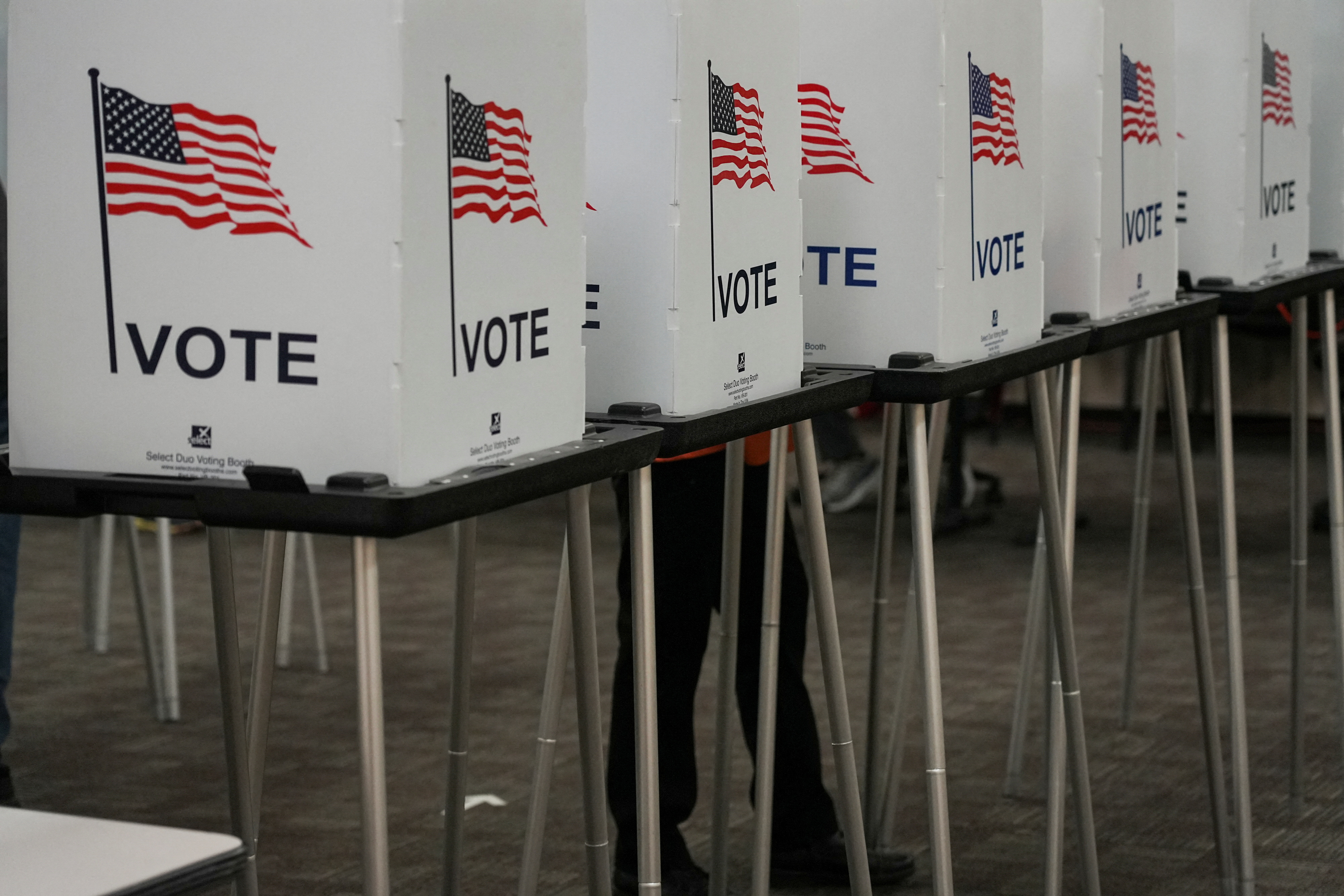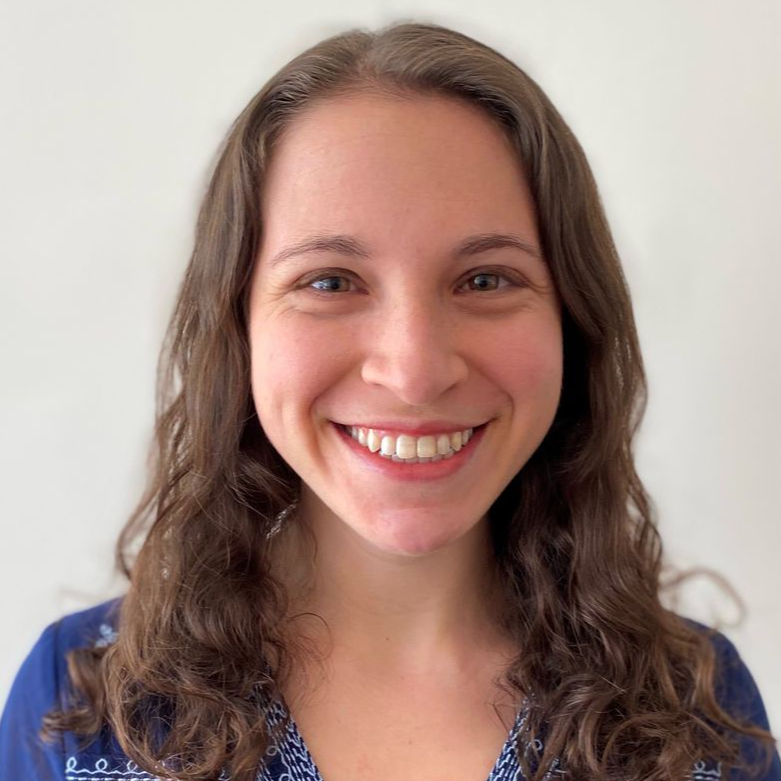Appeals court OKs ‘common benefit’ fees in Bard IVC filter litigation. Next stop Supreme Court?
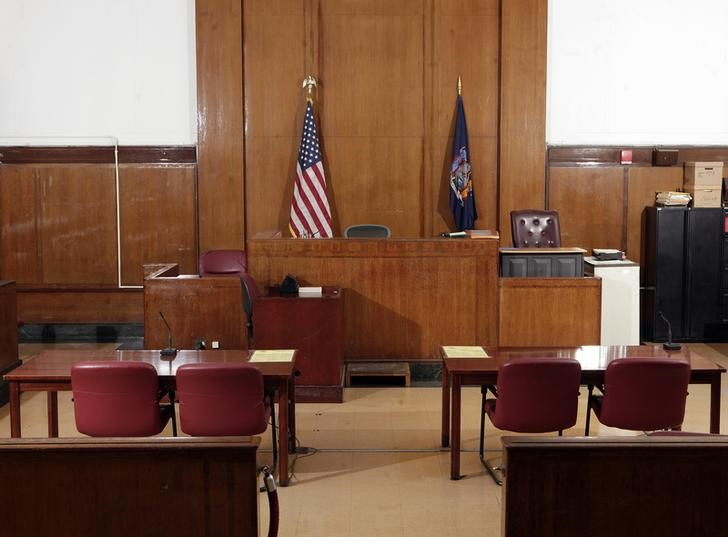
REUTERS/Chip East Acquire Licensing Rights
Aug 28 (Reuters) - Plaintiffs' lawyers who have agreed to pay a small share of their fees to the leaders of big, multidistrict litigation must abide by those deals even if they settle cases outside of the consolidated proceeding, according to a federal appeals court ruling last week.
The 9th U.S. Circuit Court of Appeals held in In re Bard IVC Filters Product Liability Litigation that because plaintiffs' lawyer Ben Martin of Ben Martin Law Group signed a participation agreement with lead counsel in the multidistrict litigation over the blood clot filters — and because he had access to discovery produced in the MDL — he must pay so-called common benefit fees in about 300 cases he settled outside the confines of the MDL. (Some of the 300 disputed cases were never formally filed or were brought after the federal MDL was closed. Others were settled in state court.)
Martin had argued, as I’ve told you, that the MDL judge, U.S. District Judge David Campbell of Phoenix did not have the authority to order him to pay common benefit fees — which are intended to compensate MDL lead counsel for pre-trial discovery and motions practice that helps all plaintiffs — in cases outside of the consolidated litigation.
The 9th Circuit said, in effect, that Martin subjected himself to Campbell’s authority by voluntarily participating in the MDL. The panel – Judges John Owens and Bridget Bade, as well as U.S. Court of International Trade Judge Miller Baker, sitting by designation – acknowledged two previous 9th Circuit cases in which the appeals court said MDL judges could not order common benefit fees from plaintiffs' lawyers who did not participate in the consolidated proceedings. But that’s not the circumstance here, wrote Bade in the court's unanimous decision.
“After knowingly and voluntarily entering the participation agreement,” she wrote, Martin “cannot now complain that the district court lacked authority to enforce its orders incorporating that agreement.”
As you could probably have predicted, counsel for the plaintiffs' lawyers on the Bard IVC steering committee said the appeals court reached the right result.
“The court is simply holding an attorney to a deal he made for himself and his clients,” said Shannon Clark of Gallagher & Kennedy, via email. “It would be wholly unjust to allow an attorney to handsomely benefit from work product he used extensively without bearing the expense associated with creating that work product.”
But Martin’s lawyer, appellate solo (and prominent blogger) Howard Bashman, told me the 9th Circuit may not have the last word in this case. Bashman said via email that he and his client are considering a petition to the U.S. Supreme Court to resolve what Bashman calls a deepening split among the federal circuits on the scope of MDL judges’ power to levy common benefit fees in non-MDL cases.
The 9th Circuit insisted in its opinion in the Martin case that its holding was not, in fact, in conflict with other appellate decisions on common benefit fees. The court said, first, that it was in complete agreement with the 3rd Circuit’s 2015 ruling in In re Avandia Marketing, Sales Practices and Products Liability Litigation. The 3rd Circuit endorsed the Avandia MDL judge’s power to order common benefit fees from Girardi Keese, which signed a participation agreement in the consolidated litigation but balked at ponying up fees for cases it settled in state court.
More interestingly, the 9th Circuit rejected Martin’s argument that under the 8th Circuit’s 2014 decision in In re Genetically Modified Rice Litigation, MDL judges’ power to levy common benefit fees does not extend to cases settled in state court.
There’s a critical distinction, the 9th Circuit held, between Martin and the plaintiffs' lawyers who protested a common fee holdback in the GMO rice case at the 8th Circuit. In the Bard MDL, the appeals court said, Martin signed a common fee agreement and received access to steering committee work product. By contrast, the 9th Circuit said, the lawyers in the GMO rice case did not participate in the consolidated case in federal court.
So the 8th Circuit’s ruling that the judge in the GMO rice MDL could not levy fees on state court settlements, the 9th Circuit said, does not set absolute limits on the scope of MDL judges’ power. It only stands, Bade wrote in the 9th Circuit opinion, “for the unremarkable proposition that a district court lacks authority to order assessments against the recoveries of claimants who are ‘complete strangers’ to the MDL the court is managing.” (In a footnote, the 9th Circuit said its holding is similarly not in conflict with a 1992 decision in which the 4th Circuit reversed an MDL judge’s common benefit fee order against plaintiffs who were not involved in the consolidated case.)
Bashman told me the 9th Circuit’s reasoning is “not persuasive.” The appeals court repeatedly said that Martin is different from the plaintiffs' lawyers in the 4th and 8th Circuit cases because he voluntarily signed a participation agreement that the MDL judge subsequently incorporated into a court order. But consent was never an issue in the GMO rice case, Bashman said, because the 8th Circuit flatly said the MDL judge did not have the power to impose common benefit fees on cases outside of the MDL.
Moreover, Bashman said, Martin’s consent is a red herring. Plaintiffs' lawyers with clients whose cases have been transferred into MDL proceedings have no choice but to agree to participate, lest they be denied access to the discovery they need in order to provide adequate representation to their clients.
Bashman said, in effect, that the 9th Circuit, by emphasizing Martin’s consent, skirted the real question of “whether MDL courts do or do not have the power to apply assessments against non-MDL cases.”
And on that broad issue, he said, there’s a clear split, with the 4th and 8th Circuits restricting the reach of MDL judges beyond the cases before them and the 3rd and 9th Circuits refusing to set those strict limits.
Read more:
Appeals court will decide if lawyers can evade common fund fees in consolidated cases
MDL judges have power to order common benefit fees when unfiled cases settle - GM judge
Our Standards: The Thomson Reuters Trust Principles.

